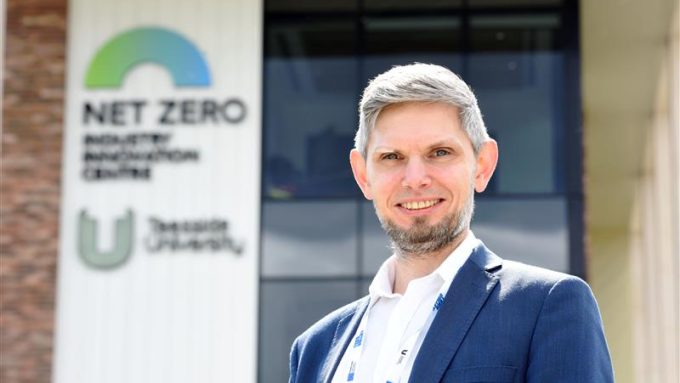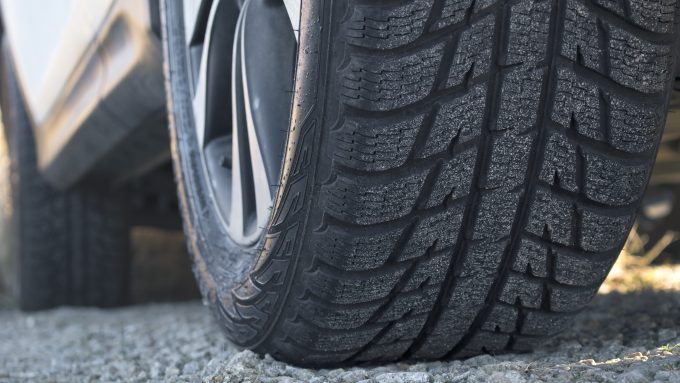
Future Aviation Security Solutions Industrial PHD Partnerships (FASS IPP)

Connected Places Catapult in partnership with the Department for Transport and Home Office organised this competition to bring the UK's world leading academics together with businesses to develop new and exciting research projects to prepare for the future of aviation security. The Catapult remains connected to the project by building a cohort of successful students to facilitate knowledge exchange between the project partners. The Catapult is helping to leverage £1.3m in contributions towards the projects in partnership contributions.FASS IPP is the Future Aviation Security Solutions Industrial PhD Partnerships programme which is bringing together academia and industry to focus on the future of aviation security.
The scheme is a jointly funded programme by the Department for Transport and the Home Office to further enhance the UK’s aviation security for the future. This will be done by funding new research in this area whilst also developing a pool of future leaders in the aviation security field.
Contact the project team
Hazel.Willis@cp.catapult.org.uk
Nick.Woodward@cp.catapult.org.uk
Project summaries
Angelos Malandrakis
X-ray machines are widely used for inspecting passengers' luggage and can be both fast and highly effective for detecting threats. But employing people to inspect images has several limitations, such as relying on individuals' abilities for recognising potentially prohibited items. As global aviation traffic grows and the threat landscape evolves, development of automatic threat detection systems are necessary to increase detection performance and response times; enhancing passengers' transit experience, while increasing airports' security.
Yang Chen
Reconfigurable Intelligent Surfaces (RIS) technology coupled with 6G wireless networks present a major opportunity to enhance connectivity and security in airports in future years. RIS technology manipulates electromagnetic waves to improve signal strength and quality. When coupled with ultra-fast, low-latency capabilities of 6G wireless networks, RIS promises unparalleled connectivity in complex environments such as airports which could help to create a seamless, secure, and efficient operational ecosystem for the benefit of passengers, staff and airport managers.
Mariusz Wisniewski
Integrating unmanned aerial vehicles into civilian airspace presents a complex challenge for airport security. Reliable counter-drone systems typically fuse multiple types of sensors: from radar and radio frequency to optical cameras. Gathering data from multiple modalities of sensor typically increases accuracy and reliability. However, each of these requires reliable data processing methods.
This project investigates how the use of cameras coupled with AI trained on synthetic data could help to improve drone detection capabilities.
Daniel White
Remotely detecting the presence of drones in sensitive airspace is a challenge. Ranged detection solutions are commonly used, but small drones push the limits of the sensors available.
Radar is a great option, and counter drone radar systems are installed at various airports after high profile incursions, with many companies offering such services.
But one challenge is the existence similar size birds. This research aims to improve the classification of small, detected targets as either birds or drones.
Nancy Whittaker
Sensitive detection of substances of concern require both sensitive devices and accurate samples. While samples commonly exist for solids and liquids, they can be more difficult to produce for vapour used in explosives.
Vapour generators tend to be large, static and expensive, but new portable technology is being developed. This research focuses on small detection devices being produced that use molecularly imprinted polymers and optical fibres that aim to improve detection technology used at airports.
Matthew Green
Development of a new portable atomic clock could bring significant benefits to aviation security around the world. Global Positioning Systems are used to track aircraft and co-ordinate flights over long distances by communicating between satellites. But ground receivers are vulnerable to jammers that can obscure the signal. GPS functions by timing the microwave signals between satellites using atomic clocks. New atomic clock developments can secure GPS against jammers.
Huw Whitworth
Advancements in wired and wireless connectivity, automation and artificial intelligence are key to improving situational awareness and increasing aviation security. However, there remain questions as to how such systems integrate within existing structures, and what threats they may introduce.
While communication mechanisms such as 5G should not be used to replace safety critical elements such as air traffic control, they are more than capable of augmenting operationally critical infrastructure to greater levels of efficiency and expediency.





